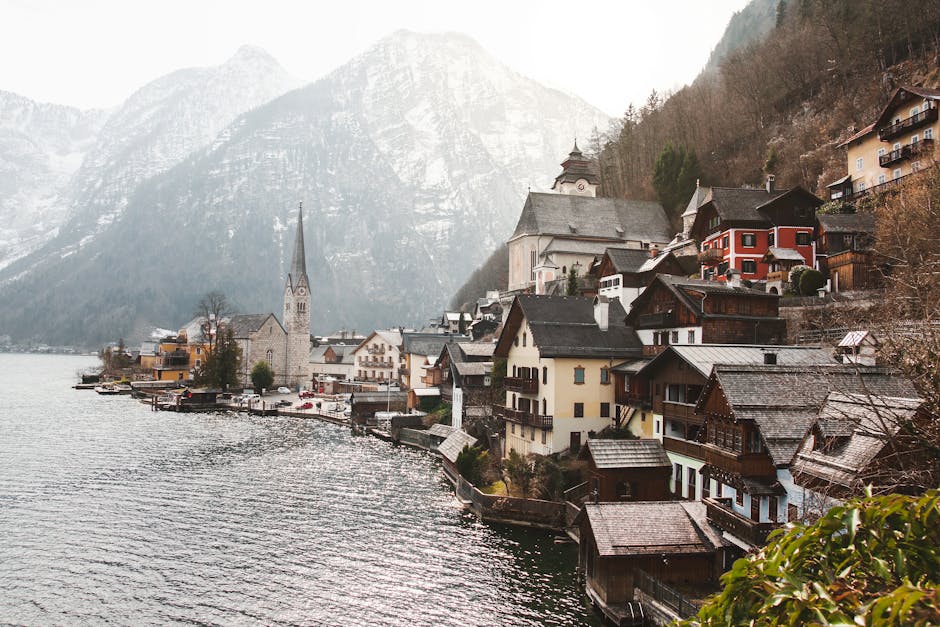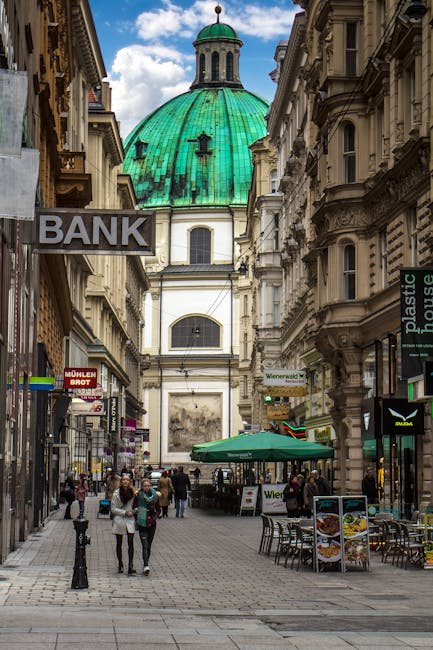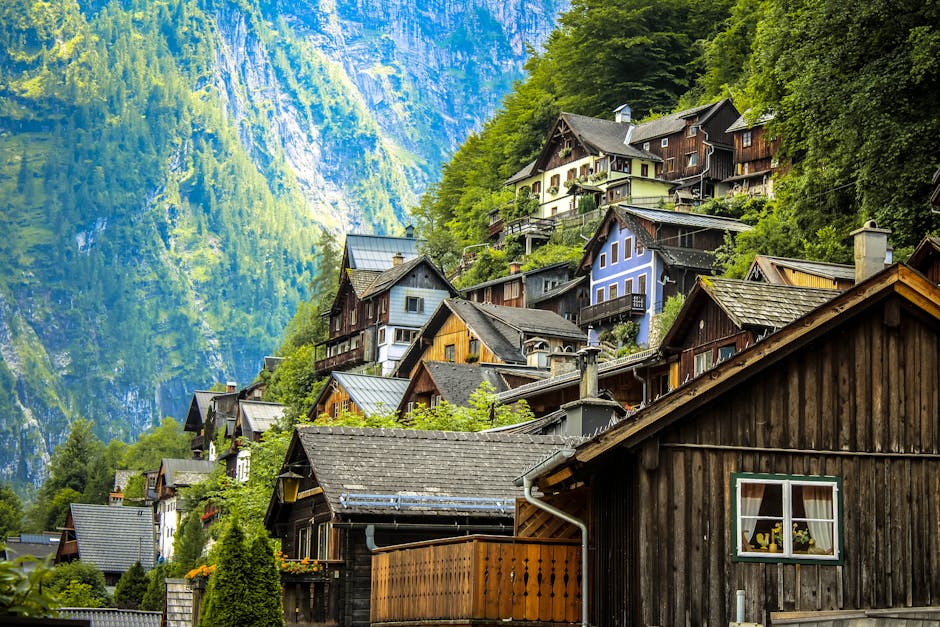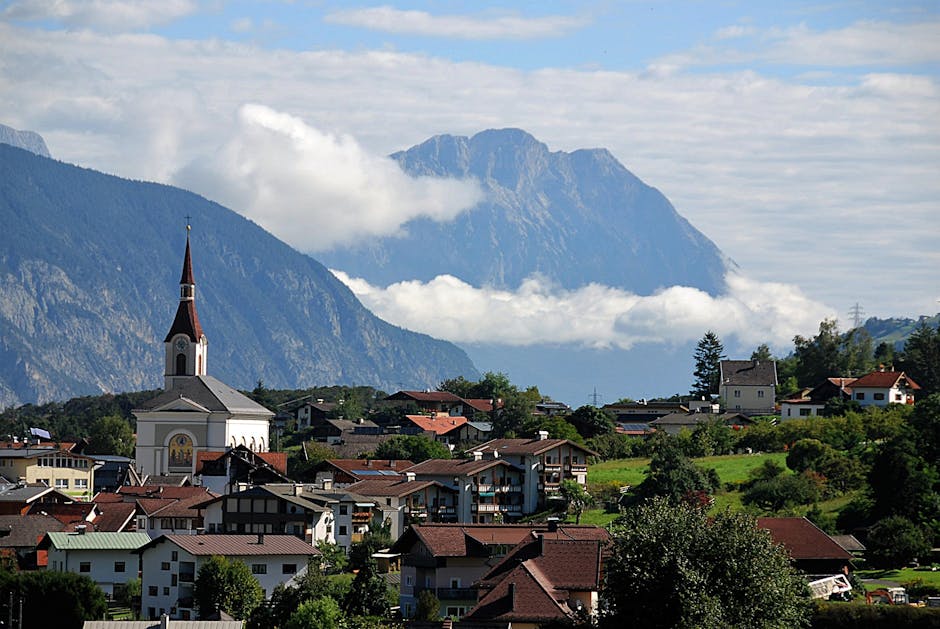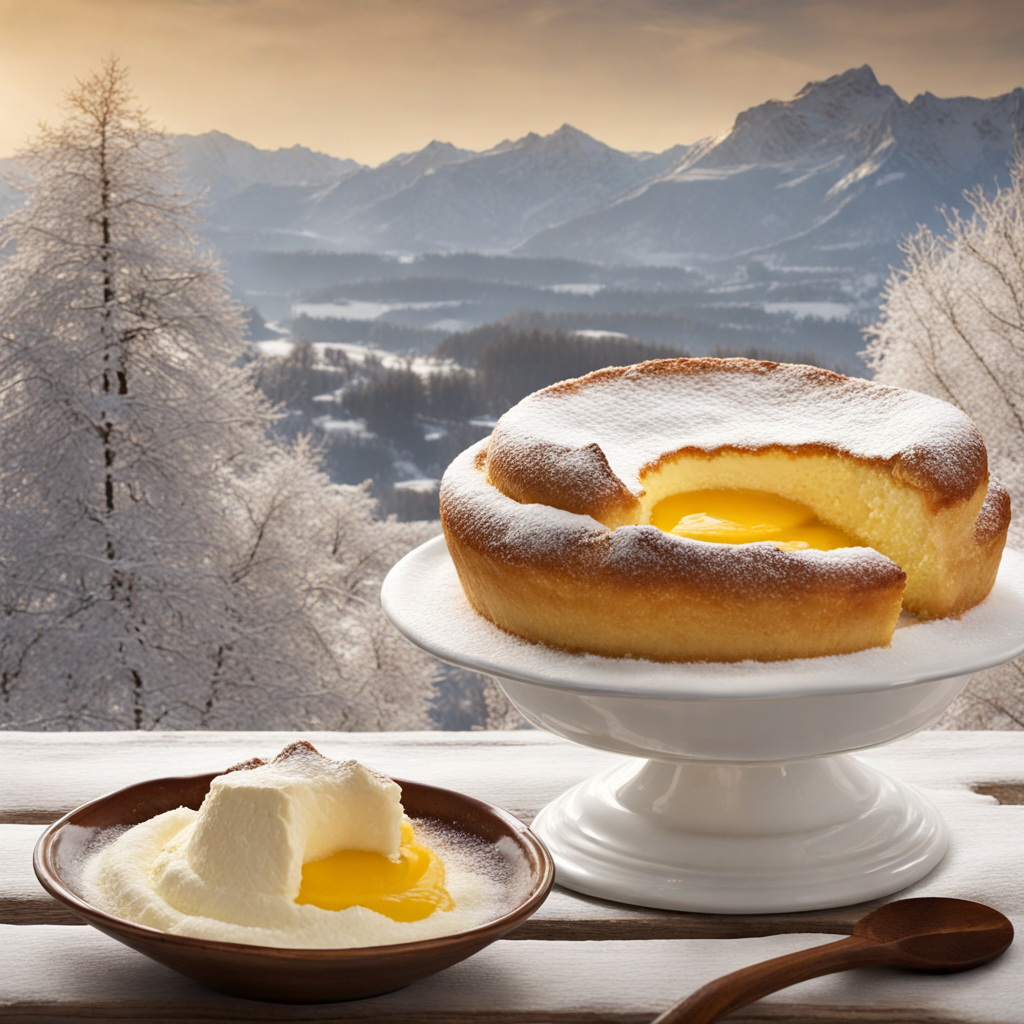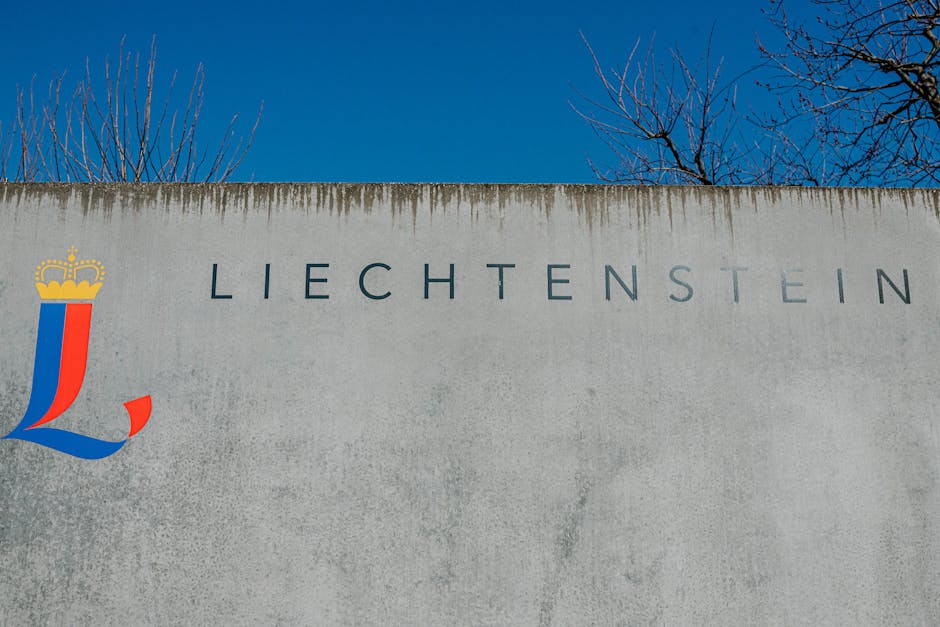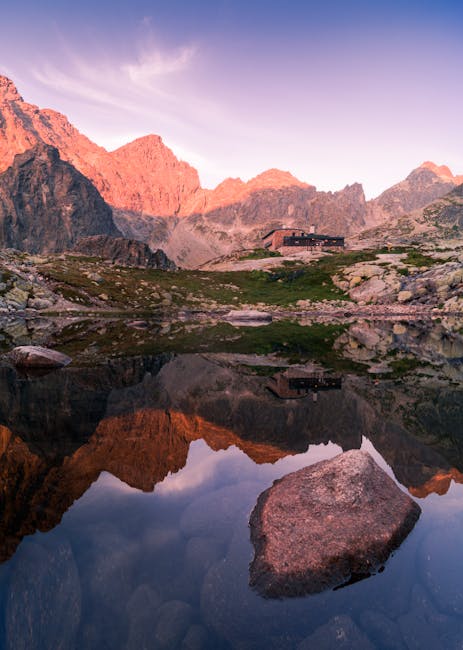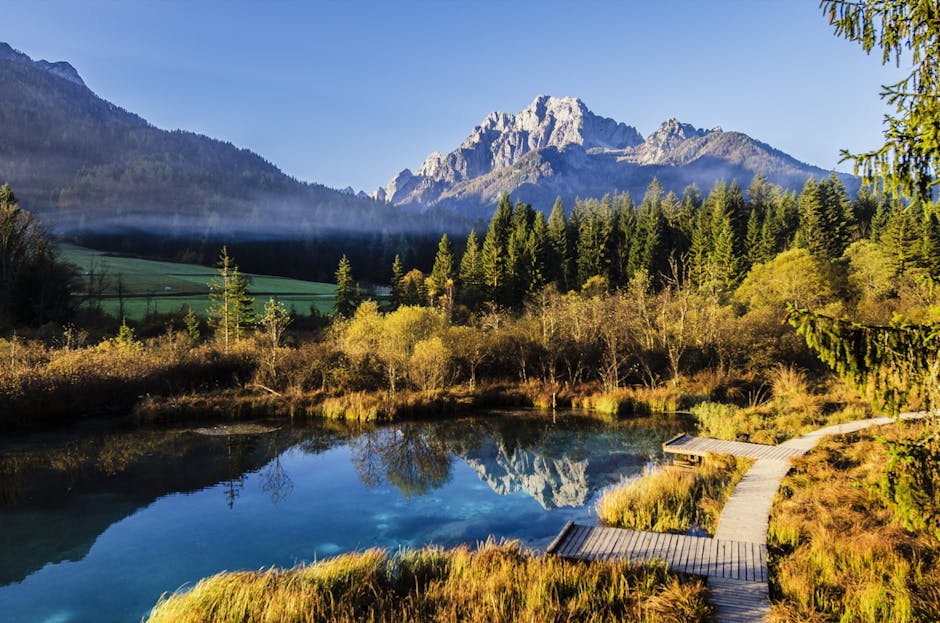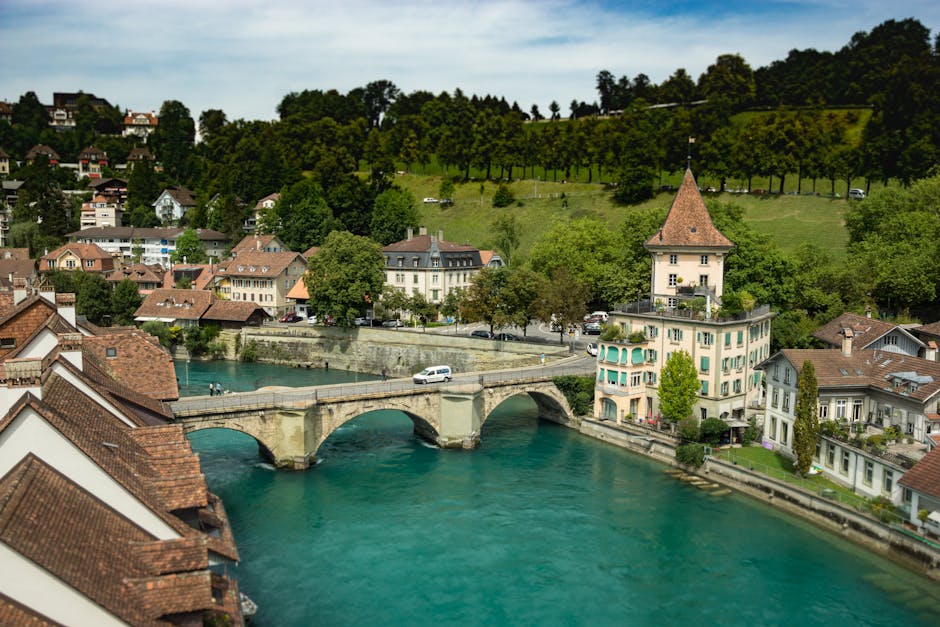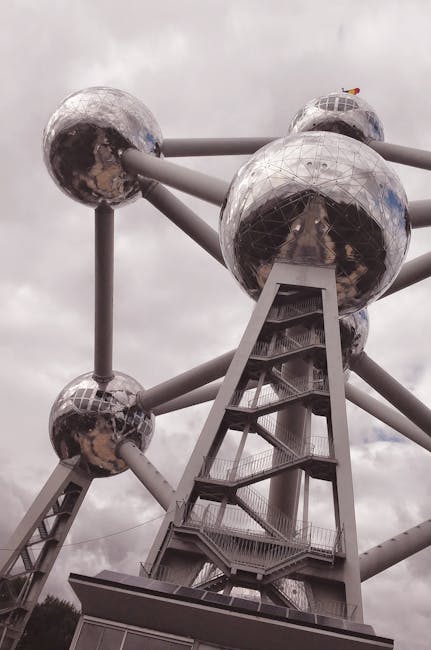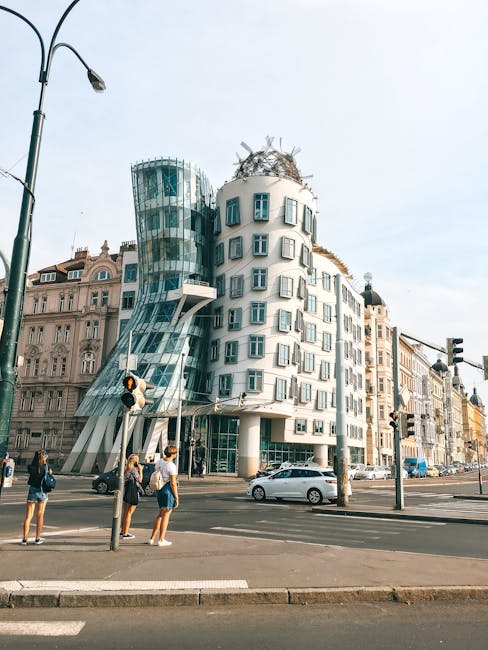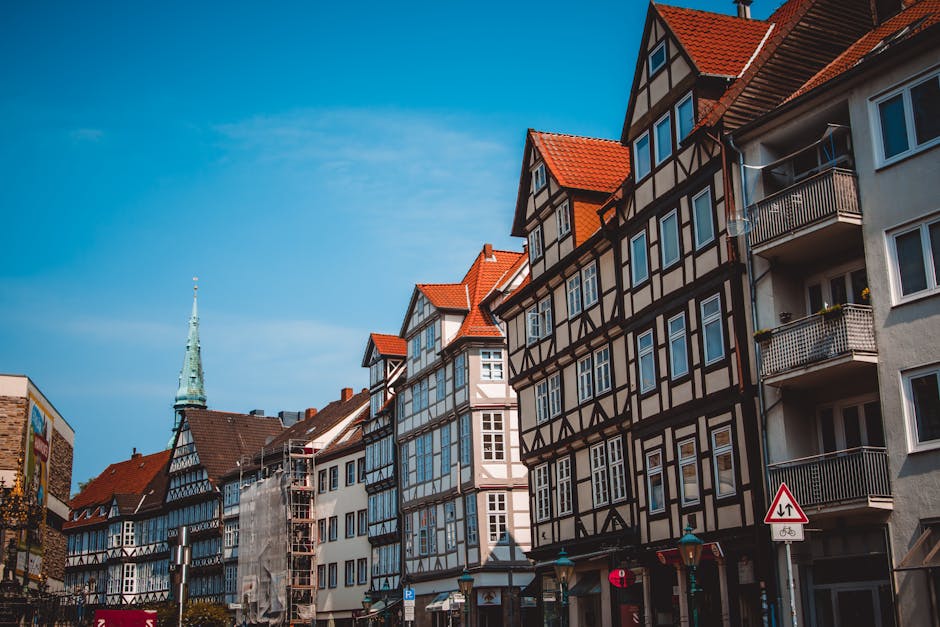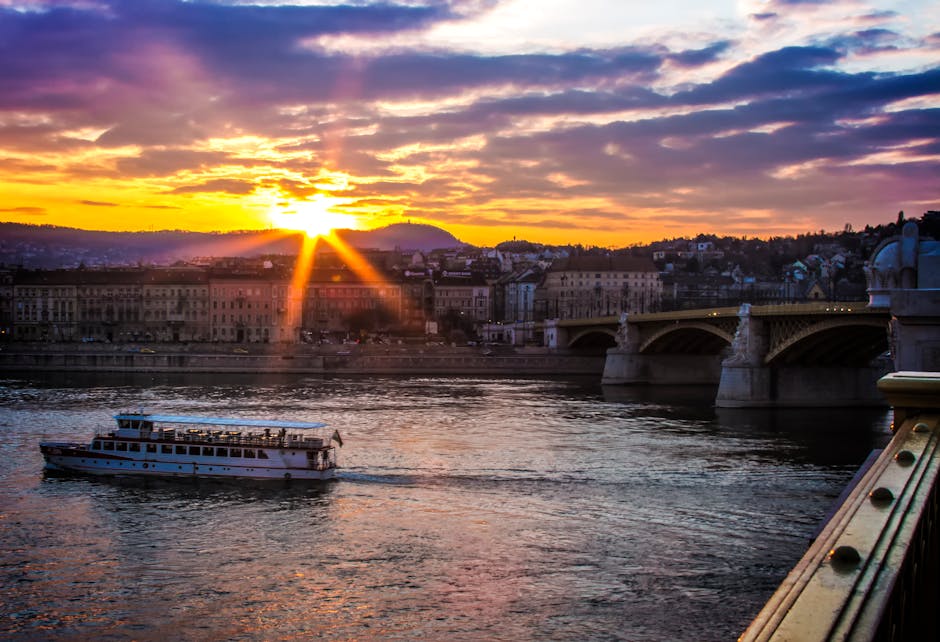Austria
Overview
Austria: A Heart of Europe
Firstly, Austria, located in the heart of Europe, is a country steeped in rich history, art, culture, and natural beauty. Known for its alpine sceneries, vibrant cities, and charming villages, Austria offers an ideal mix of outdoor adventures and urban exploration. The nation is also renowned for its classical music heritage, with icons like Mozart and Strauss hailing from here. The Austrian culture is a blend of historical influences from the Habsburg monarchy and contemporary Western lifestyles. Its unique traditions, delicious cuisine, especially its world-famous pastries and coffee culture, and friendly people make Austria a captivating destination for young travelers.
Tourism Seasons
Secondly, the high season for tourism in Austria is during the summer months, from June to August, and winter, from December to March. During the summer, the weather is warm and pleasant, with temperatures ranging between 20 to 30 degrees Celsius, perfect for sightseeing, hiking, and cycling. The capital city Vienna, Salzburg's historic center, and the beautiful Danube Valley are must-visit places. On the other hand, winter transforms Austria into a snowy wonderland, attracting ski and snowboard enthusiasts worldwide to its world-class ski resorts in the Alps. The traditional Christmas markets in various cities during this season provide a magical experience.
Travel Tips for Teenagers
Lastly, before visiting Austria, teenagers should ensure they have a valid passport, and depending on their country of origin, a visa might be required. It's advised to check the official Austrian government website for the most current information. Health insurance that covers international travel is also recommended. Packing should be done according to the season of visit - warm clothing for winter and lighter outfits for summer. However, a good pair of walking shoes is a must, regardless of the season, as exploring Austria often involves a lot of walking. Additionally, learning a few basic phrases in German, the official language, could enhance interaction with locals. Remember to respect local customs and traditions to ensure a memorable and trouble-free Austrian adventure.
A Glimpse into the Past
Austria's history is rich and multifaceted, shaped by its strategic location at the crossroads of Europe. This small but influential country boasts a blend of cultural heritage, stunning landscapes, and architectural marvels, making it an essential destination for travelers.
The history of Austria can be traced back to the Roman Empire, when it was known as Noricum. The Romans established cities, roads, and fortifications in the region, many of which laid the groundwork for future settlements. The remnants of Roman architecture, like the Roman Theatre in Carnuntum, provide insight into this era and are a must-see for history buffs.
As the Roman Empire declined, the region became part of the Frankish Empire in the 8th century. The Bavarians settled in the area, and by the 9th century, the Duchy of Austria was established. In 1156, it was elevated to a duchy under the Babenberg dynasty, marking the beginning of a significant local governance structure. Travelers can explore the Babenberg Castle in Vienna, which symbolizes this early period of Austrian autonomy.
The Habsburg dynasty rose to prominence in the late 13th century, transforming Austria into a powerful European empire. The Habsburgs were known for their strategic marriages, which expanded their influence across Europe. The capital, Vienna, became a cultural and political hub, with notable landmarks like the Schönbrunn Palace and the Hofburg Palace, both of which reflect the opulence of the Habsburg court.
The 16th and 17th centuries were marked by the Reformation and the Thirty Years’ War, which had profound effects on Austrian society. The Habsburgs remained staunchly Catholic, and their efforts to maintain Catholicism led to conflicts and political tensions. Visitors can delve into this turbulent history by visiting the St. Stephen's Cathedral, a symbol of Catholicism in Vienna, which has witnessed centuries of change.
The Austro-Hungarian Empire was formally established in 1867, further consolidating Habsburg power. This empire was marked by a diverse population, including Germans, Hungarians, Czechs, and others, leading to a vibrant mix of cultures. The Vienna State Opera and the Belvedere Palace are perfect examples of the artistic flourishing that occurred during this time, showcasing the empire's commitment to the arts and culture.
The 20th century brought significant upheaval. The assassination of Archduke Franz Ferdinand in 1914 triggered the First World War, leading to the collapse of the Austro-Hungarian Empire. The post-war period saw the establishment of the First Austrian Republic, which faced economic challenges and political instability.
During the interwar years, Austria experienced the rise of Austria’s National Socialist Party, leading to its annexation by Nazi Germany in 1938, a period known as the Anschluss. This dark chapter in Austrian history has left lasting scars, but sites like the Mauthausen Concentration Camp serve as poignant reminders of the atrocities committed during this time.
After World War II, Austria was occupied by the Allies and eventually regained its independence in 1955 with the Austrian State Treaty. The country declared its neutrality and has since developed into a prosperous nation. The Austrian National Library in Vienna is a testament to the country’s commitment to preserving its cultural heritage.
Today, Austria is known for its stunning alpine landscapes, historic cities, and rich traditions. Salzburg, the birthplace of Wolfgang Amadeus Mozart, offers visitors a glimpse into the life of one of history's greatest composers. The Hohensalzburg Fortress, perched atop a hill, provides breathtaking views of the city and the surrounding mountains.
The Tyrol region is famous for its stunning natural beauty, making it a popular destination for hiking and skiing. The charming town of Innsbruck, surrounded by the Alps, boasts the Golden Roof and the Imperial Palace, showcasing the region's historical significance and architectural beauty.
The culinary heritage of Austria is equally captivating. Savoring a slice of the world-famous Sachertorte in a traditional café or enjoying a plate of Wiener Schnitzel is an essential part of any visit. The country’s wine regions, particularly in Burgenland and the Wachau Valley, offer delightful tastings amidst picturesque vineyards.
Austrian culture is also deeply rooted in music and the arts. The annual Vienna Philharmonic Ball and the Salzburg Festival celebrate the country’s musical legacy, drawing visitors from around the globe. The Mozarteum University in Salzburg is a prominent institution for music education, reflecting the enduring influence of classical music in Austria.
Art lovers will appreciate the Kunsthistorisches Museum in Vienna, home to an extensive collection of art from the Renaissance to the Baroque periods. The museum's architecture is as stunning as its exhibits, making it a highlight for any traveler seeking cultural enrichment.
Austria's commitment to preserving its natural landscapes is evident in its numerous national parks, such as Gesäuse National Park and Hohe Tauern National Park. These parks offer hiking trails, wildlife watching, and opportunities to connect with nature, making them ideal for outdoor enthusiasts.
The Danube River, one of Europe’s longest rivers, flows through Austria, offering picturesque views and charming towns along its banks. A boat tour on the Danube allows travelers to experience the beauty of the landscape and the historic towns of Dürnstein and Melk, known for its magnificent abbey.
In conclusion, Austria's rich history and vibrant culture make it a captivating destination for travelers. From the imperial grandeur of Vienna to the stunning landscapes of the Alps and the musical heritage that permeates its cities, Austria offers a unique blend of experiences that reveal the country's storied past. Whether exploring ancient castles, savoring culinary delights, or enjoying world-class performances, visitors will find that Austria is a land where history comes alive.
Top cities for tourists in Austria
Discover the Famous Cities That Might Captivate Your Interests
Must-Try Foods You Can't Afford to Miss
Indulge in a Variety of Fantastic Foods During Your Stay in Austria
May Be Your Next Destinations
People often choose these countries as their next destination


